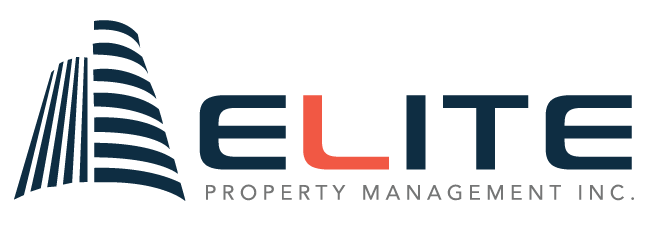Running a condo board meeting can sometimes feel like trying to herd cats. With everyone juggling schedules, opinions flying in all directions, and the legal rules looming over it all, things can get chaotic fast. But fear not—running an effective meeting doesn’t have to be rocket science. A few key tips can make all the difference.
Know Your Legal Stuff
First things first: you’ve got to play by the rules. The Condominium Act (in Ontario, for example) and your condo’s by-laws lay out the legal framework for meetings. This includes how to give notice, what goes on the agenda, and how decisions are made. Not following these guidelines could make the meeting—and any decisions made during it—invalid. So, before you even set a date, familiarize yourself with these basics.
Prep Like a Pro
If you want a smooth meeting, you’ve got to be prepared. This means setting an agenda well ahead of time and sending it to all board members, along with any relevant materials. Don’t spring surprises on your fellow members. Make sure everyone comes into the meeting informed and ready to discuss. Another great tip? Set a clear timeline and stick to it. This avoids dragging things out unnecessarily.
Make Sure Everyone’s Voice is Heard
A good condo board meeting isn’t just about making decisions; it’s about making sure everyone has a say. Create a space where all board members feel comfortable sharing their ideas and opinions. Open dialogue leads to better solutions and prevents any one person from dominating the conversation. Encouraging equal participation means you’ll end up with more thoughtful decisions and a board that functions as a team.
Handling Different Types of Meetings
There are different kinds of condo board meetings: your standard monthly meeting, the Annual General Meeting (AGM), and those special owner-requested meetings. Each one has its own rules and expectations. Standard meetings usually handle the ongoing business—like property maintenance and finances—while AGMs are where you report back to all owners and elect new board members. Special meetings may pop up when an owner has an issue that needs addressing. Knowing which type of meeting you’re running helps keep things organized and efficient.
Keep Things Timely
A condo board meeting should be productive, not a marathon. Try to keep it under 90 minutes. If you’re hitting the two-hour mark, you’ve likely gone off track. Set a realistic agenda with time limits for each item, and make sure all pre-determined topics are covered before wrapping up. Everyone will appreciate a meeting that respects their time.
Chairing the Meeting
Typically, the board president takes the role of meeting chair. But any board member or property manager can be designated as the chair if needed. The key here is having someone in charge who can keep things moving, make sure everyone gets a chance to speak, and resolve any disagreements professionally.
Running a condo board meeting doesn’t have to be stressful. By knowing your legal obligations, preparing thoroughly, encouraging open discussion, and keeping the meeting on track, you can ensure productive and efficient meetings that benefit everyone in your community. So the next time you’re sitting down for a condo board meeting, remember—you’ve got this!


Recent Comments